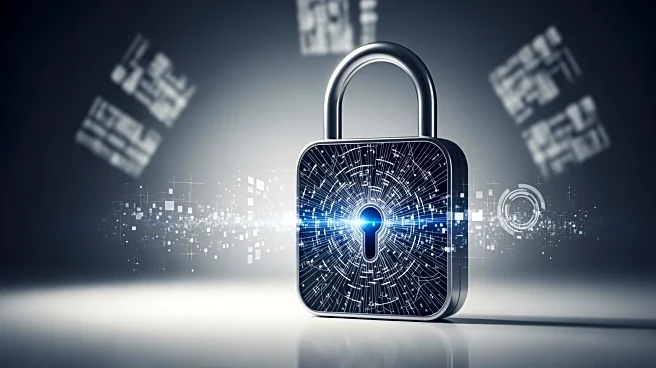What's Happening?
Sotheby’s, a renowned auction house based in New York City, has reported a significant data breach involving the theft of sensitive personal information. The breach was discovered on July 24, and an investigation revealed that hackers accessed files containing
names, Social Security Numbers (SSNs), and financial account data. Sotheby’s has informed affected individuals and is offering 12 months of free credit monitoring services. The total number of impacted individuals has not been disclosed, but reports indicate that at least two residents in Maine and ten in Massachusetts are affected. It remains unclear whether the breach was part of a ransomware attack, as no group has claimed responsibility. Sotheby’s is working with data protection experts and law enforcement to address the incident.
Why It's Important?
The breach at Sotheby’s highlights the ongoing vulnerability of even high-profile organizations to cyberattacks, emphasizing the need for robust cybersecurity measures. The exposure of sensitive information such as SSNs and financial data poses significant risks of identity theft and financial fraud for the affected individuals. This incident underscores the importance of data protection and the potential consequences of security lapses for businesses and their clients. The breach could lead to reputational damage for Sotheby’s, affecting client trust and potentially impacting its business operations. It also serves as a reminder for other organizations to reassess their cybersecurity strategies to prevent similar incidents.
What's Next?
Sotheby’s is expected to continue its investigation into the breach, working closely with cybersecurity experts and law enforcement to identify the perpetrators and prevent future incidents. The company will likely enhance its security protocols and may face scrutiny from regulatory bodies regarding its data protection practices. Affected individuals are advised to monitor their financial accounts and credit reports for any signs of fraudulent activity. The incident may prompt other businesses to review their cybersecurity measures and consider additional protections such as encryption and multi-factor authentication to safeguard sensitive data.















